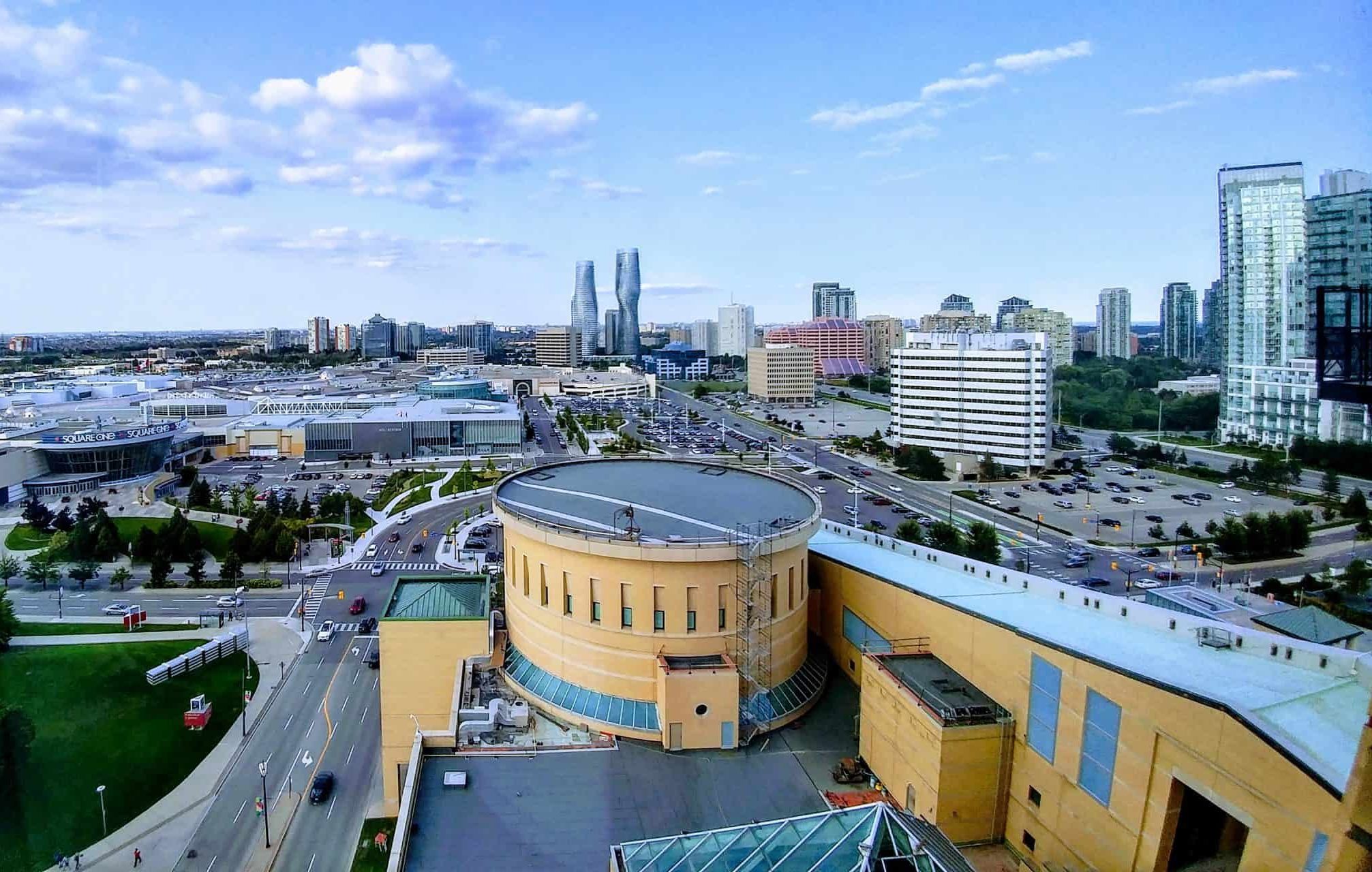Mississauga could have to cut services if provincial, federal governments don’t give enough cash
Published February 10, 2022 at 5:02 pm

Mississauga residents could face reductions in key services offered by the city if senior levels of government don’t come to the table with money to help pay the tab for COVID-19 pandemic recovery.
Earlier this week, Mayor Bonnie Crombie took part in meetings alongside other big city mayors from across the country with federal ministers to talk about shared priorities for the 2022 federal budget.
“And my message was clear,” Mississauga’s mayor began. “We need continued support from both the provincial and federal governments for these ongoing COVID-related budget shortfalls. Without more support, cities will soon be forced to consider service reductions or reductions in capital budgets, both of which are highly detrimental to residents.
“A vibrant economic recovery means strong local transit systems to get people to work,” Crombie continued, speaking earlier today at Mississauga’s weekly press conference. “Cities and regions will drive economic recovery, and it’s so vital that both the provincial and federal governments commit to continuing COVID-19 relief funding for cities who continue to be heavily impacted by the pandemic.”

Mayor Bonnie Crombie
Crombie’s words come as Mississauga and other municipalities across Ontario provided provincial and federal governments with pre-budget consultation submissions.
Essentially, it’s a wish list for infrastructure project funding that towns and cities pass along to higher levels of government.
In preparing their submissions, Mississauga officials focused on city building, community and the local economy.
From delivering transit services, to offering outdoor activities in parks and public spaces, to ensuring building permits are approved quickly, Mississauga and other cities are the backbone of both the province and country, said Crombie.
“As we look to 2022 and beyond, I’m calling on our federal and provincial partners to continue to work with us. City building is nation building,” she added.
Recommendations in the City of Mississauga submissions include:
- access to continued safe restart funding to financially recover from the pandemic (including money for MiWay buses)
- development of new revenue tools to allow municipalities to deliver quality services while keeping property taxes affordable
- sustainable, long-term funding for infrastructure renewal, active transportation and climate change mitigation and resiliency projects
- funding and support for the city’s five priority transit projects: Restoring the Downtown Loop (Hurontario LRT); Two-Way, All-Day Service on the Milton GO Rail Corridor; Eglinton Crosstown West Extension being further extended to Pearson Airport; Downtown Mississauga Terminal and Transitway Connection; and the Dundas Bus Rapid Transit Corridor
Crombie spoke today about the “enormous financial pressure” faced by cities, particularly those in Ontario that have dealt with the longest and most restrictive pandemic-related lockdowns.
Mississauga owns appx $13.6B worth of infrastructure like
🚗Roads
💧Stormwater systems
🌉BridgesWe can’t build a great city with only property taxes. Funding from our federal & provincial partners is key. We all have a role to play.https://t.co/LwrBlPE6Rz #MississaugaMatters pic.twitter.com/Vg2EDz8FCr
— City of Mississauga (@citymississauga) February 10, 2022
“Along with the (MiWay) transit losses, Mississauga continues to receive far fewer proceeds from Pearson Airport due to historically low passenger travel,” noted Crombie, referring to the payments-in-lieu-of-taxes deal between the City of Mississauga and the airport.
“It’s important that the provincial and federal governments recognize that cities like Mississauga aren’t out of the woods yet and will need support to ensure we can continue to provide transit and keeping our economy running to provide those services and programs that our residents are counting on.
“And unlike the federal and provincial governments, cities are not legally allowed to run deficits,” Crombie concluded.
A portion of the Mississauga submissions reports read:
“To build complete communities within world-class cities, municipalities require new sources of revenue beyond the property tax. The demands of delivering services, while maintaining existing infrastructure in a state of good repair and building new amenities, is more than our budgets can bear.”
Cities also need new funding from senior levels of government as they face newer issues including responding to climate change, and adapting to changes in the national and global economies, the report states.
Currently, municipalities receive nine cents of every dollar collected by governments in Canada, but are responsible for 60 cents of every dollar spent on infrastructure.
“With an average annual infrastructure gap of approximately $40 to $45 million, the city continues to struggle with funding shortfalls,” the report states.
INsauga's Editorial Standards and Policies









